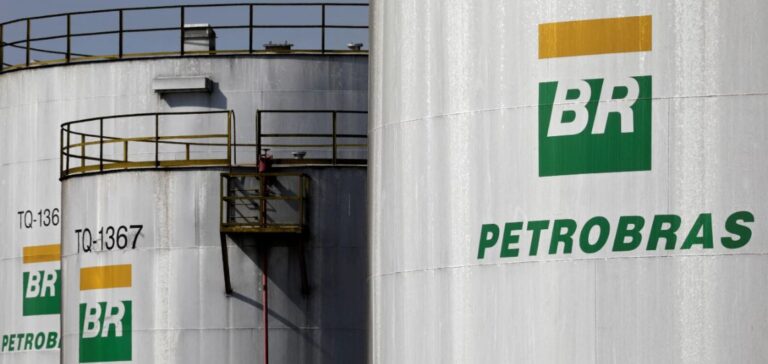Brazil could take a new step in developing its oil industry with Petrobras’ exploration project in the Equatorial Margin. This offshore area of 350,000 km², located about 500 km from the mouth of the Amazon, is estimated to hold up to 10 billion barrels of oil.
A strategic project for Petrobras
The Brazilian oil giant seeks to solidify its place in the global market by expanding its exploitable reserves. In 2024, Brazil produced an average of 3.4 million barrels per day, making it the eighth-largest producer in the world and the largest in Latin America. With these new deposits, Petrobras hopes to increase its production and revenue to finance national energy initiatives.
The Brazilian government, through President Luiz Inacio Lula da Silva, strongly supports this exploration. He states that oil revenues are essential to funding the energy transition, a key argument to justify this project amid expressed concerns.
The decisive role of Ibama in approval
The Brazilian Institute of the Environment and Renewable Natural Resources (Ibama) is responsible for evaluating the impact of this project before granting a possible exploration license. Last October, Ibama requested Petrobras to clarify its emergency measures in case of an oil spill. A new proposal was submitted in December and is currently under review by technical experts.
The government displays divergent positions on the matter. While Environment Minister Marina Silva insists on a strictly technical and independent assessment, Mines and Energy Minister Alexandre Silveira calls for a swift approval to prevent project delays.
A promising market but challenges ahead
Beyond regulatory decisions, Petrobras must anticipate financial and logistical challenges related to offshore oil extraction. The Equatorial Margin’s exploitation requires substantial investments to establish infrastructures that meet international standards for safety and efficiency.
As neighboring countries such as Guyana and Suriname are already exploiting similar deposits, Brazil seeks to seize this opportunity to strengthen its influence in the global oil sector.






















